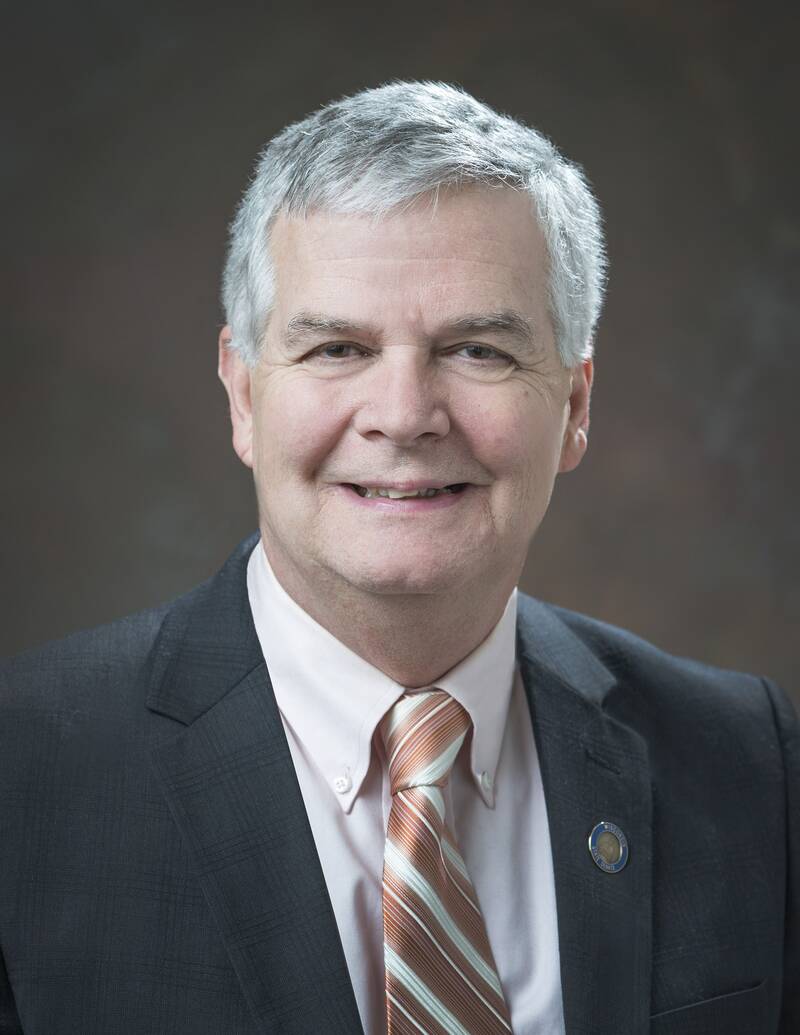Last Tuesday was a big election day for Wisconsin. It was an even bigger election day for public education. Many Wisconsin school districts were able to pass crucial referenda to keep operating, some weren’t so lucky.
Some school districts are one bad referendum away from closing. We cannot educate our children on political whims alone, we need assurance from the state that education funding is a priority.
Unfortunately, lurching from one referendum to the next has become the norm for school districts, but it hasn’t always been like this. Don’t get me wrong, K-12 funding has always been a matter of friction between political philosophies for decades, but agreements have been reached.
Disagreements came to a head in 1993 when the state adopted a school funding formula that capped revenue for districts at the level they were at that year. As a compromise, the state also promised to fund 2/3 of the total cost for educating our children.
The twenty-six year old formula is complicated, and it’s influenced by many different factors. The two most important factors are student enrollment and total property valuation within the district. Thus, if a district’s enrollment is bursting at the seams plus their property values are low, they receive a larger per pupil subsidy than a district with decreased enrollment and high property values.
Over the years, this formula has proven to fall short of our constitutional obligation to provide an equitable education to all children in Wisconsin. We live in a time now when one bad election turnout can force schools to close.
Politicians who support the current funding system would often say that voters could determine their support for their schools through referendum. That thinking seemed logical to some when referenda proved terribly difficult to pass. As state funding has been cut, schools are struggling to meet the needs of the communities. Referenda have become the only option to keep up.
Since 2011 the rate of success in passage has been overwhelming. In 2011 39 referenda passed while 31 failed. In 2014 80 passed while 38 failed. In 2018 141 passed and only 16 failed! Just last week 44 of 59 referenda questions passed.
Often political debate is about the obligation of government and how we manage the money every citizen pays through taxes. Will we cut funding or pay more for roads or libraries or even law enforcement? The state budget comes up for renewal every two years. It gets nearly all the attention from your leaders at nearly every level of government.
Municipalities, counties and school districts need to know what they can expect so they can plan their own budgets. Citizens want to know if their taxes will rise and if they can depend on good roads or their summer vacation to a state park. Even contractors pay attention because they want the work that comes out of building projects and road construction in the budget. It’s a big deal. So much depends on the priorities of politicians who find themselves in a position to make these decisions.
Parents, teachers and children want to know if their school is going to open next year. Annual referenda is not a consistent way to fund public education. Referenda should be a tool school districts can use to enhance their already good, properly-funded schools.
There isn’t nearly enough space here to describe the connection that education has to the success of everything in our society. Without state funding, without funding approved in referenda, how do we fund schools? Do we have to hold annual fundraisers just to keep the doors open? Should we continue to rely on this unreliable system for our children’s future?
Memberships
Steve is a member of LION Publishers , the Wisconsin Newspaper Association, the Menomonie Area Chamber of Commerce, the Online News Association, and the Local Media Consortium, and is active in Health Dunn Right.
He has been a computer guy most of his life but has published a political blog, a discussion website, and now Eye On Dunn County.



Add new comment